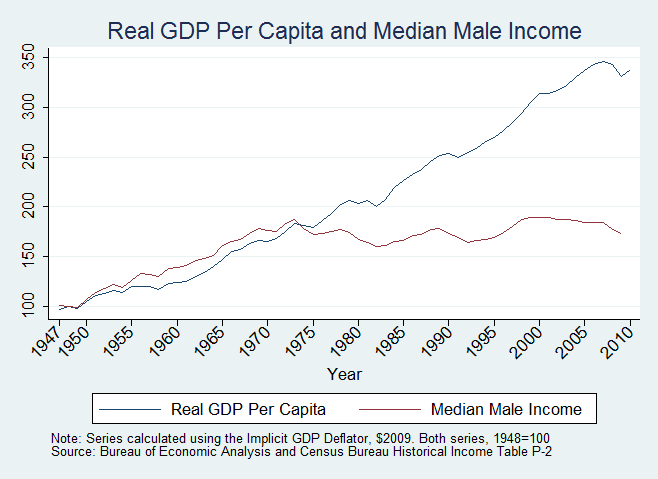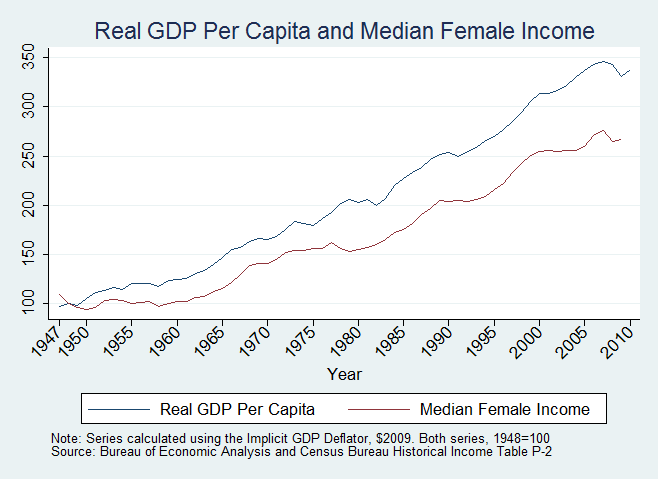Advertisement
If you have a new account but are having problems posting or verifying your account, please email us on hello@boards.ie for help. Thanks :)
Hello all! Please ensure that you are posting a new thread or question in the appropriate forum. The Feedback forum is overwhelmed with questions that are having to be moved elsewhere. If you need help to verify your account contact hello@boards.ie
Hi there,
There is an issue with role permissions that is being worked on at the moment.
If you are having trouble with access or permissions on regional forums please post here to get access: https://www.boards.ie/discussion/2058365403/you-do-not-have-permission-for-that#latest
There is an issue with role permissions that is being worked on at the moment.
If you are having trouble with access or permissions on regional forums please post here to get access: https://www.boards.ie/discussion/2058365403/you-do-not-have-permission-for-that#latest
In the UK, women's rights have blocked social mobility for men. What about Ireland?
-
12-09-2011 12:00pm#1
Comments
-
-
-
-
-
-
Advertisement
-
-
-
-
-
-
Advertisement
-
-
-
-
-
-
-
-
-
-
-
Advertisement
-
-
-
-
-
-
-
-
-
-
Advertisement
-
-
-
-
-
-
-
Advertisement
-
-
-
This discussion has been closed.
Advertisement
 Men used to achieve social mobility by rising through the factory ranks
Men used to achieve social mobility by rising through the factory ranks


 Bondi beach, Australia. Irish immigrants are set to flood to these shores in the coming years. Photograph: Getty
Bondi beach, Australia. Irish immigrants are set to flood to these shores in the coming years. Photograph: Getty


